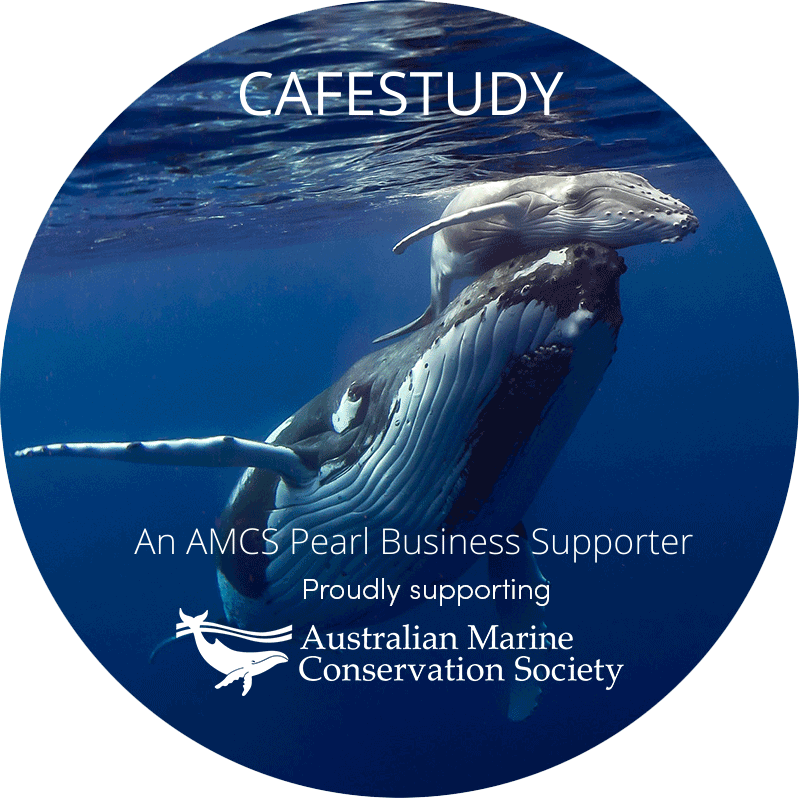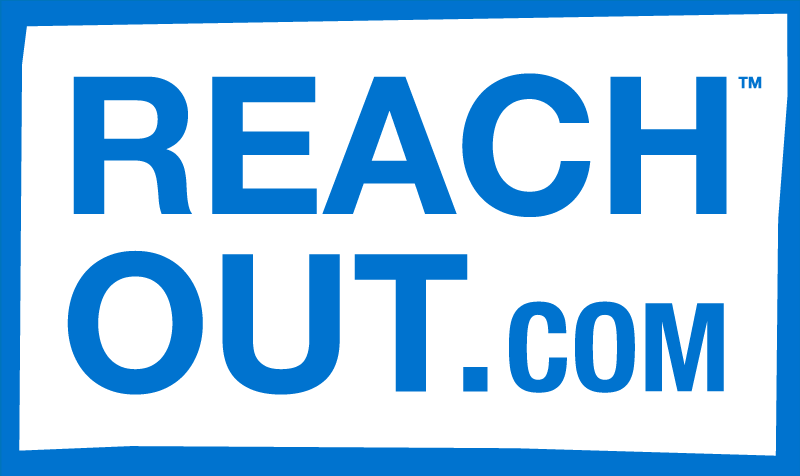Recycling
Posted by: Kezzaj
29th Sep 2023 12:03pm
Is anyone else tired of all of the new brecyclable materials continually used in today’s packaging? You have to have a chemistry degree in order to work out what is recyclable and what isn’t.
You must be a member to reply to this chat topic. Click here to sign in.
Help Caféstudy members by responding to their questions, or ask your own in Café Chat, and you will get the chance of earning extra rewards. Caféstudy will match these and donate equally to our two chosen Australian charities.

Australian Marine Conservation Society are an independent charity, staffed by a committed group of scientists, educators and passionate advocates who have defended Australia’s oceans for over 50 years.
ReachOut is the most accessed online mental health service for young people and their parents in Australia. Their trusted self-help information, peer-support program and referral tools save lives by helping young people be well and stay well. The information they offer parents makes it easier for them to help their teenagers, too.
Challenge Challenge is a not-for-profit organisation that supports children and families living with cancer, 365 days a year.
Our support is free and immediate, helping to lighten the cancer journey by addressing the practical, social, and emotional needs of all our members.
Our support is free and immediate, helping to lighten the cancer journey by addressing the practical, social, and emotional needs of all our members.



Comments 2
kidwithsmurf
It's not that confusing, in my opinion. This is because everything recyclable should have a triangle with a number 1-7 inside. This will mean the product should be recyclable to some extent. However, this isn't always the case and if you unsure what the number means... you should always Google it to be certain. Likewise, if you are still unsure, just throw it in the normal waste bin and don't recycle it. It is better to recycle what you know can be than what you are unsure of as it wastes more time sorting through incorrectly binned recyclable products than not.
Lastly, you shouldn't even recycle if you never wash or rinse your products before putting them in the bin. Therefore, as long as you are looking at the symbols on the products, doing quick Google Searches, rinsing your products and using general common sense... recycling isn't as hard as it looks.
jtmorri
I find the council website where I live to be my go-to guide for recycling based upon the material of the packaging and for plastics the number on them. If they won't take it in the recycle bin from my kerb then it will go into the normal waste bin. With red cycle no longer operating our soft plastics which we limit using now go in the normal waste bin to landfill as we don't have another alternative in our jurisdiction. We do take batteries, mobiles, light globes, aerosol cans to the drop off point at our local library as well, so they aren't added to landfill.